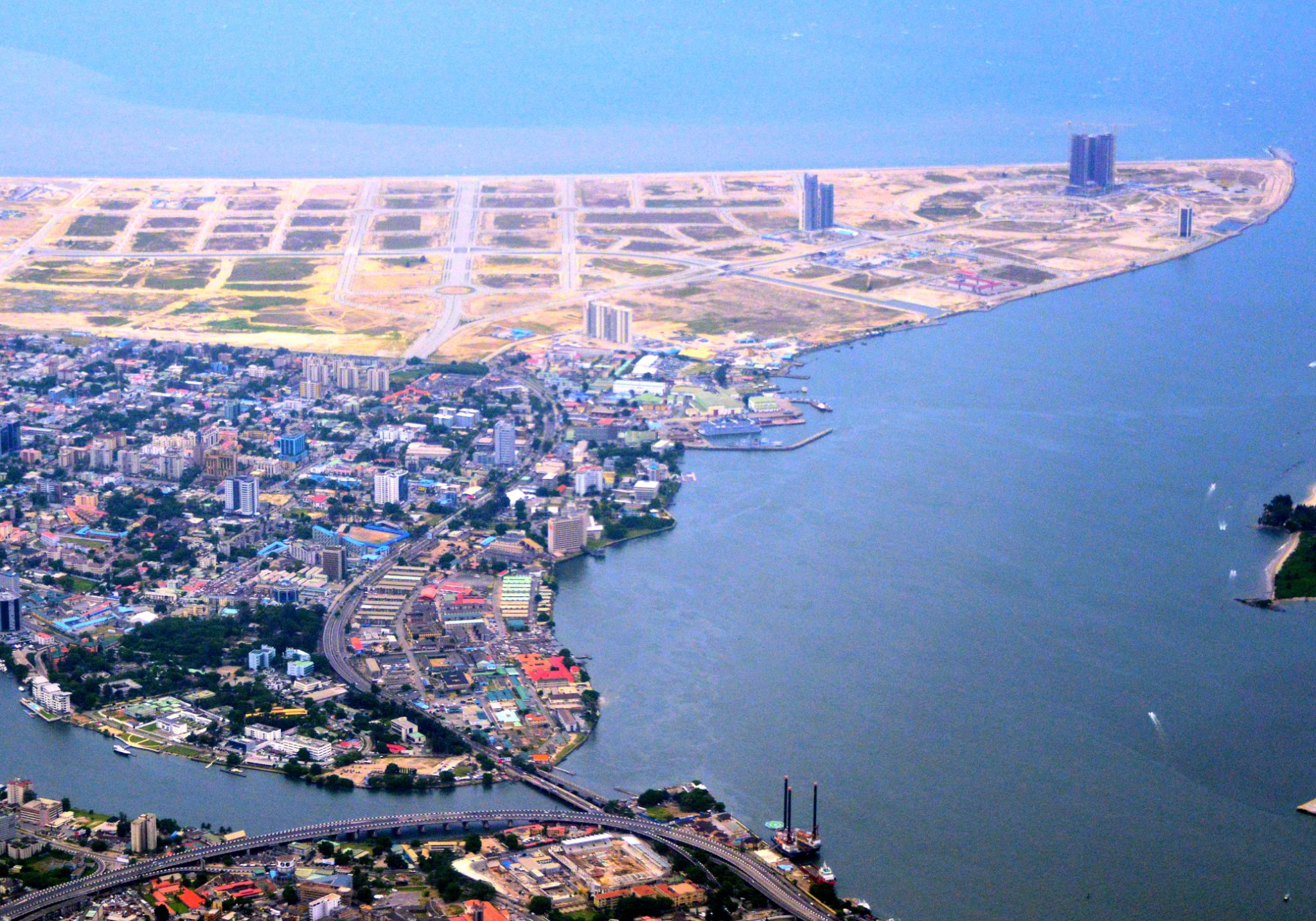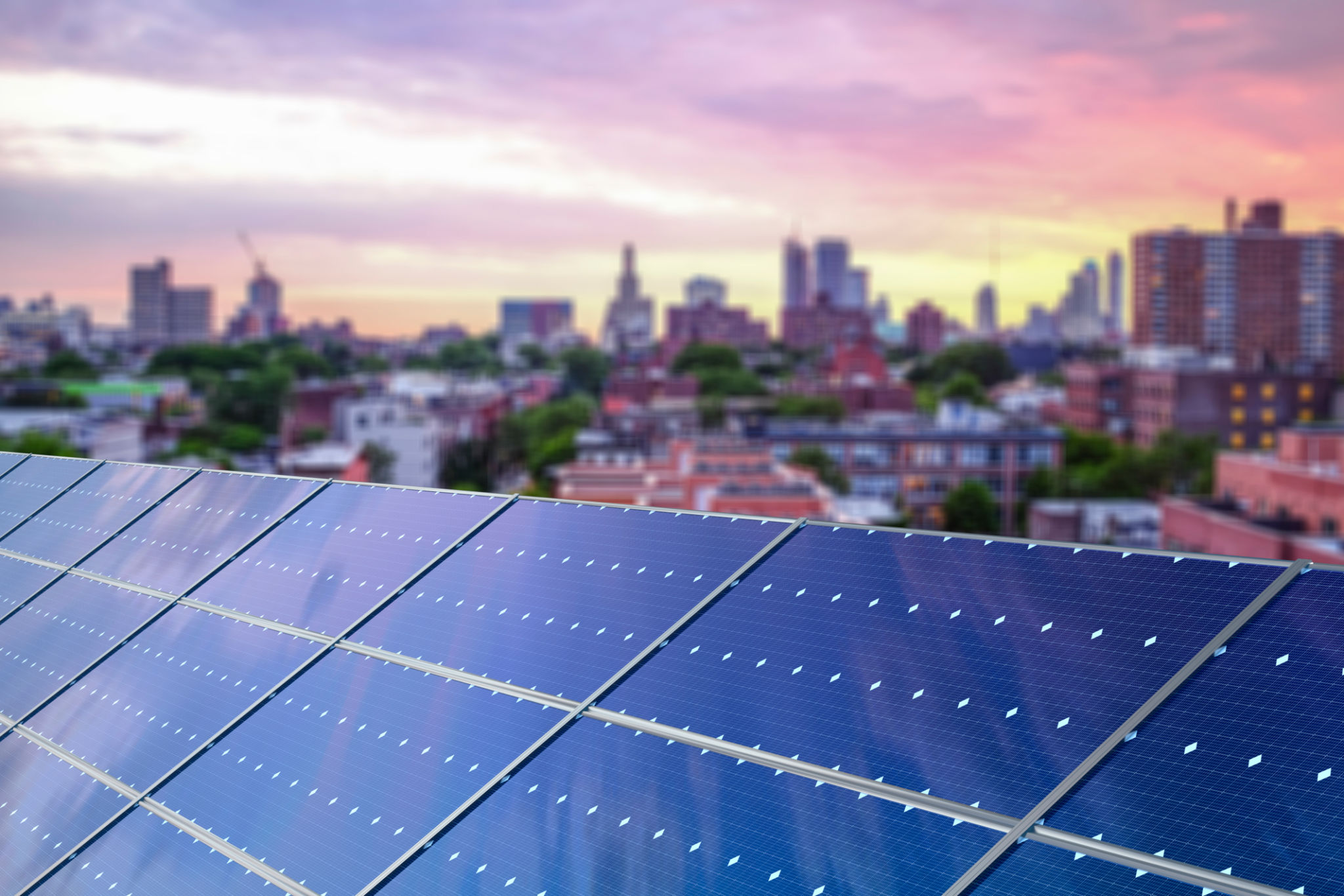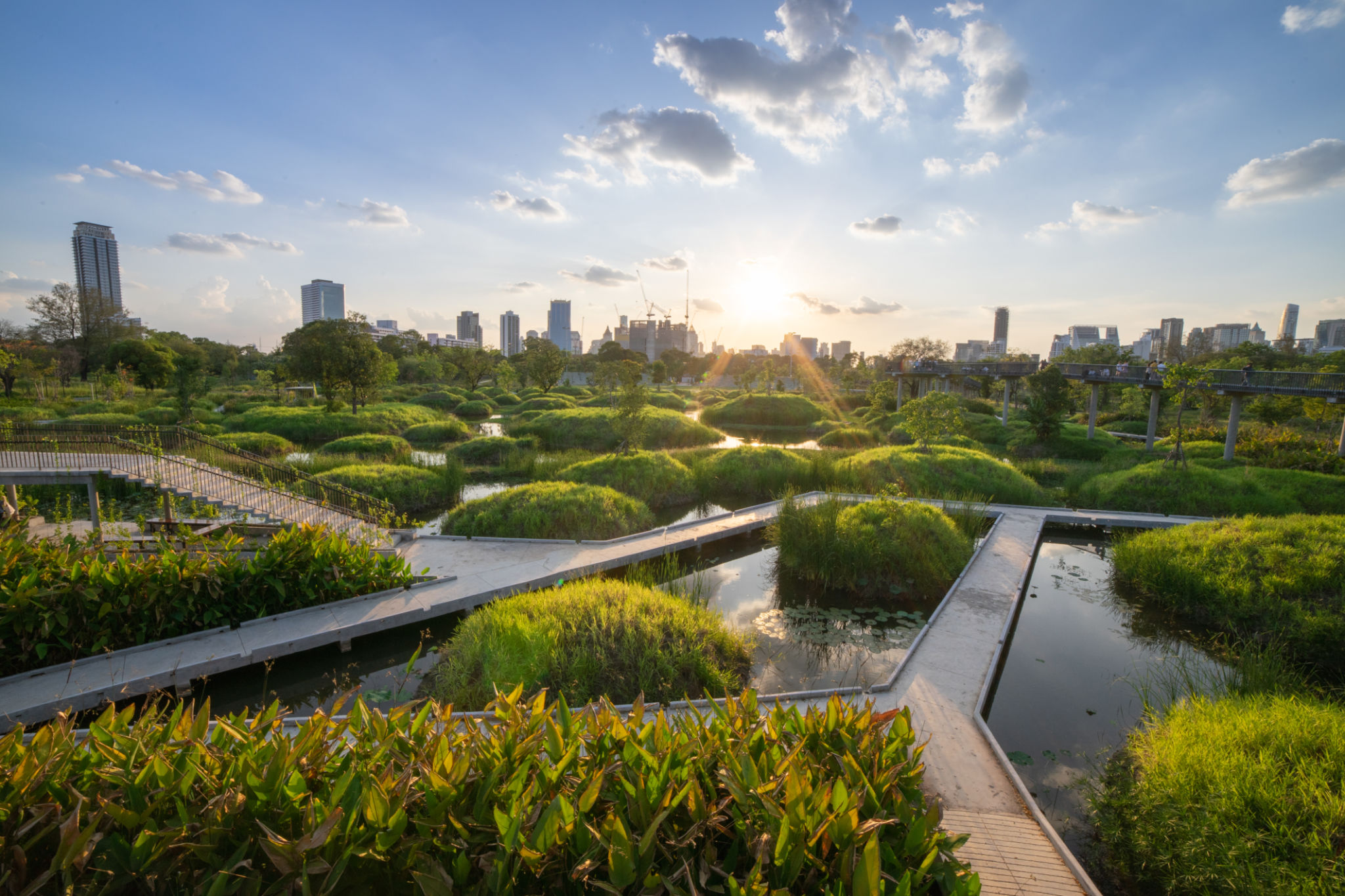Sustainable Development Practices in Eko Atlantic: A Case Study
Introduction to Eko Atlantic
Eko Atlantic, a visionary project located on the coast of Lagos, Nigeria, stands as a beacon of modern urban development. This ambitious initiative aims to create a vibrant and sustainable city, reclaiming land from the Atlantic Ocean to address not only urban expansion but also environmental concerns such as coastal erosion. As we delve into this case study, we explore the sustainable development practices that make Eko Atlantic a model for future city planning.

Environmental Restoration and Land Reclamation
One of the most striking aspects of Eko Atlantic is its approach to environmental restoration. The project involves extensive land reclamation, which transforms previously eroded areas into usable land. This process not only combats the effects of coastal erosion but also provides a foundation for sustainable urban development. The project uses state-of-the-art technology to ensure that these efforts do not disrupt local ecosystems.
Moreover, the construction of a six-meter-high sea wall, known as the Great Wall of Lagos, is crucial in protecting the city from ocean surges. This formidable structure is designed to withstand severe weather events, ensuring long-term resilience for the city's infrastructure.
Innovative Infrastructure and Urban Planning
Eko Atlantic's infrastructure is meticulously planned to support sustainable living. The city features a comprehensive road network, efficient transportation systems, and energy-efficient buildings. The use of renewable energy sources is prioritized, with solar power playing a significant role in reducing the overall carbon footprint.

The urban planning strategy emphasizes mixed-use development, creating a dynamic environment where residential, commercial, and recreational spaces coexist. This approach not only optimizes land use but also fosters a sense of community and accessibility.
Water Management and Conservation
Water management is another critical aspect of Eko Atlantic's sustainable practices. The city implements advanced water recycling and desalination techniques to ensure a steady supply of clean water for its residents. By reducing dependency on traditional water sources, Eko Atlantic sets a precedent for efficient resource management in urban environments.
Additionally, green spaces and artificial lakes are integrated throughout the city to enhance biodiversity and provide natural cooling effects, contributing to a healthier urban ecosystem.

Economic and Social Sustainability
Beyond environmental factors, Eko Atlantic prioritizes economic and social sustainability. The project aims to create job opportunities and stimulate economic growth by attracting international businesses and fostering local entrepreneurship. This economic vibrancy is essential for sustaining the city's long-term development goals.
The city also focuses on social inclusivity by providing affordable housing options and ensuring that public amenities are accessible to all residents. By addressing social equity, Eko Atlantic ensures that its growth benefits a diverse population.
Conclusion
In conclusion, Eko Atlantic serves as an exemplary case study in sustainable urban development. Through innovative practices in environmental restoration, infrastructure planning, water management, and economic growth, this project paves the way for future cities worldwide. By balancing ecological preservation with urban expansion, Eko Atlantic demonstrates that sustainable development is not just a possibility but a necessity for our rapidly changing world.